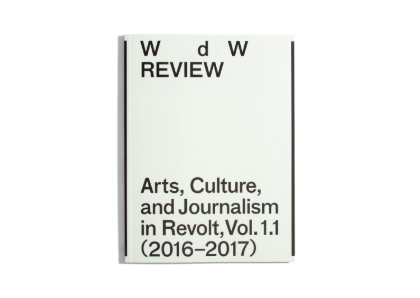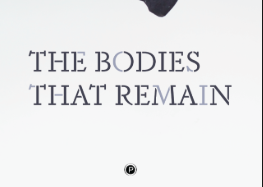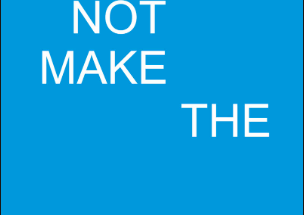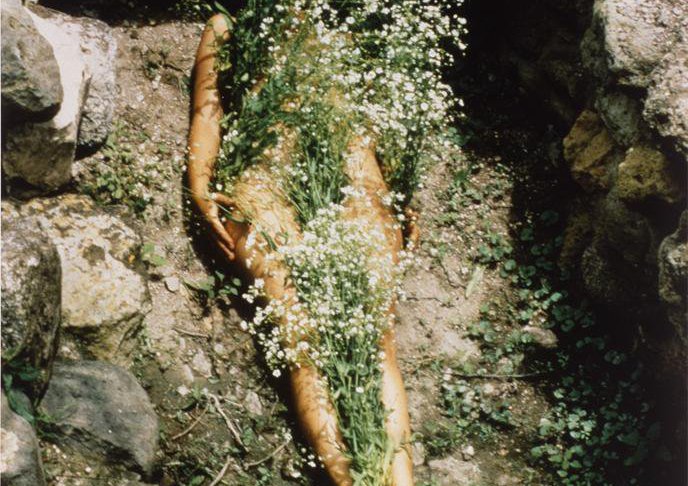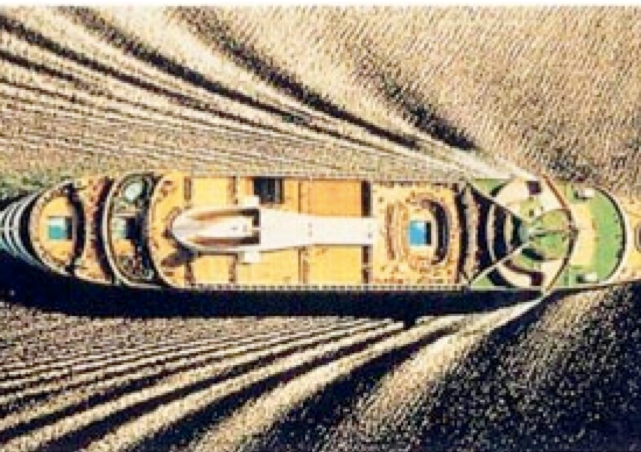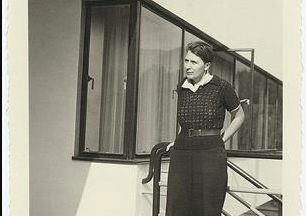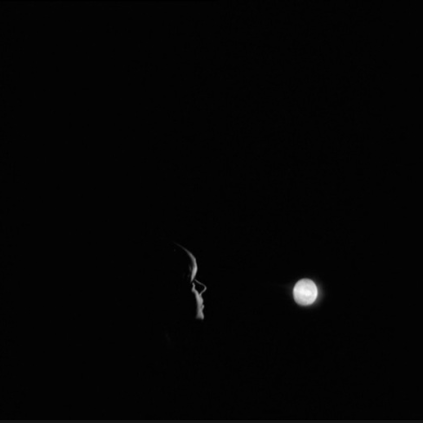
Emily runs the Writing programme's annual collaborative project and leads critical reading seminars focusing on non-fiction prose, the essay form and modes of experimental, interdisciplinary writing.
Emily is a Canadian writer based in London. She has a double major Bachelor (Honours) in Art History and English Language and Literature from Queen’s University in Canada. Following extensive work as an archivist at the National Library and Archives of Canada, the Portrait Gallery of Canada, and the Firestone Collection at the Ottawa Art Gallery, she moved to the UK to gain an M.Litt. (Distinction) in Modern and Contemporary Art Practice from Christie’s Education/University of Glasgow. She has a PhD in Critical Writing in Art and Design from the Royal College of Art. Entitled The Essay as Art Form, Her research — by practice and thesis — focused on the relationship between the essay form and writing about works of art.
Amongst other publications, Emily has written for Frieze, the LA Review of Books, Bookforum, the Guardian, Tate Etc., The White Review, the Times Literary Supplement, The Photographers' Gallery and Witte de With Review. She is the London correspondent for the Montreal-based quarterly journal, esse arts + opinions.
She has given talks, lectures and readings at Camden Arts Centre, Tate Modern, The Institute of Contemporary Arts, Cove Park, The Showroom, Central Saint Martins and The Royal College of Art.
Gallery
More information
Research interests
Emily's current research continues her interest in the relationship between non-fiction prose and writing about literature and works of art, with a particular focus on the form of the essay. She is presently working on long-term research projects about the literary tradition of the ocean liner; modernist women writers and artists, theosophy and socialism; and one work by Ana Mendieta, ‘untitled earth – body work (Labyrinth of Venus, Scarborough Bluffs)’, 1982.
Practice
Emily writes essays and longform criticism, with a focus on literature and art by women, as well as literature in translation. Her practice is interdisciplinary, in the sense that it seeks to find a common language between form and content — the notion that how we write about something is intimately related to, reflected and shaped by, what that thing is. Emily is interested in how this approach often involves aspects of the personal or the subjective voice; and additionally, how the ‘personal’ and the ‘subjective are defined, what might be their relationship to questions of style, tone, language and structure. She frequently writes texts for artists who are interested in practising across forms and disciplines, which involves a sense of collaboration or intimacy with the work at hand.
Current and recent projects
The Essay as Art Form (PhD, Royal College of Art, 2012–15).
Beginning with Montaigne’s essayistic dictum Que sais je? – ‘What do I know?’ – this PhD thesis examines the literary history, formal qualities, and theoretical underpinnings of the personal essay to both propose and to practice its relevance as an approach to writing about art. The thesis treats the essay as intrinsically linked to research, writing, and art making; it is a method that embodies the real experience of attempting to answer a question.
The essay is a processual and reflexive mode of enquiry: a form that conveys not just the essayist’s thought, but the sense and texture of its movement as it attempts to understand its object. It is often invoked, across disciplines, in reference to the possibility of a more liberal sense of creative practice – one that conceptually and stylistically privileges collage, fragmentation, hybridity, chance, open-endedness, and the meander.
Within this framework of the essay as form, the thesis contains two distinct and parallel strands of research – subject matter and writing as practice. At the core of the study lie two close-readings: Ana Mendieta’s Labyrinth of Venus (1982) and Le Couvent de la Tourette (1959) by Le Corbusier and Iannis Xenakis. In each case the writing draws, in its tone and texture, on a range of literary influences, weaving together different voices, discussions, and approaches to analysis. The practice of writing is presented alongside, part and party to, research: a method of interrogation that embraces risk and uncertainty, and simultaneously enacts its own findings as a critical-creative mode of study-via-form, and form-via-study.
The thesis is presented as a book-length essay, in which the art in question is equal and intimately connected to the writing used to address it. Method and form are designed to respond to the oft-cited challenge of the essay as fundamentally unmethodical, ranging, and diverse. Research, critical study, writerly description, and story-telling are combined to elucidate and expose each other based not on surface continuity, but on a deep interconnection among ideas, a cohesion so powerful that they become related – through language, imbued with an affinity for one another. The consummate product is the argument, as it works across genres, disciplines, descriptive and critical models, to challenge the narrative structure and language used within contemporary writing about art.
Publications, exhibitions, other outcomes
Selected Publications:
LaBarge, E. (2018) Mappings (with Mary Hurrell), London: Luminous Books
LaBarge, E. (2018) ‘Sylvia Plath’, The Bodies That Remain, Santa Barbara, CA: Punctum Books and University of Santa Barbara
LaBarge, E. (2018, ‘Adaptation’, Do Not Make The, Glasgow: MAP Magazine and Essay Catalyst Conversations
LaBarge, E. (2018) ‘but enclosing them in the box and photographing them’, WdW Review: Arts, Culture, and Journalism in Revolt, Vol. 1.1, Rotterdam: Witte de With Centre for Contemporary Art
LaBarge, E. (2017) ‘Speaking in Half-Whispers’, Tate Etc., Issue 41
LaBarge, E. (2015) ‘The Eternal Frame’, What it is, is figuring out what it is, London: Space in Between
LaBarge, E. (2013) ‘Doubt’, Prova: Humanities Research Forum Journal, Issue 1
LaBarge, E. (2012) ‘Contours: Josée Dubeau’, esse arts + opinions, No. 75
HIDE
